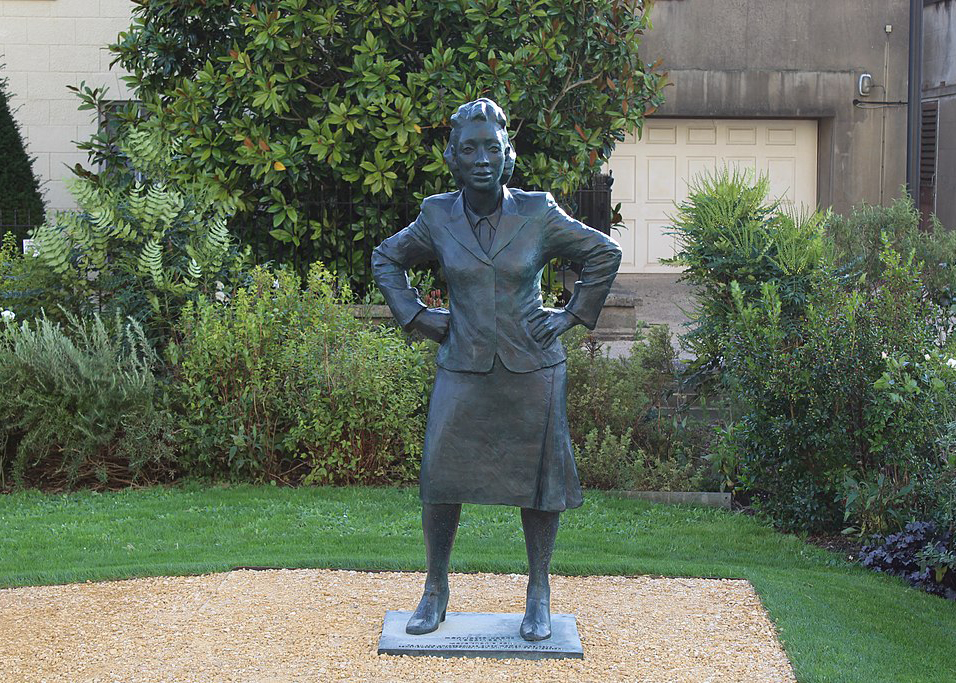In a move that offers a touch of justice to Henrietta Lacks, who suffered injustice as “the vast contribution she made to science was hidden from the world for many years,” the World Health Organization on Sunday appointed “the Lacks family as WHO Goodwill Ambassadors for Cervical Cancer Elimination.”
The appointment of the Lacks “recognizes their efforts to champion cervical cancer prevention and to preserve the memory of Henrietta Lacks,” the young Black woman who died from cervical cancer in 1951, according to a WHO press release.
“Our Hennie’s legacy lives on in us, and we will continue to stand in solidarity with WHO, patients, survivors, and families around the world to ensure that no other wife, mother, or sister dies needlessly from cervical cancer,” said Alfred Lacks Carter, Jr. on behalf of the Lacks family.
In 2021, the Lacks family was given a special posthumous award that the WHO Director-General bestowed on Henrietta Lacks.
“Much like the injustice of Henrietta Lacks’ story, women all over the world from racial and minority ethnic groups face disproportionately higher risks from cervical cancer,” said WHO’s Director-General Dr. Tedros Adhanom Ghebreyesus.
The woman behind the HeLa cells

While she sought treatment for her cancer, Henrietta Lacks unknowingly donated cells at Johns Hopkins Hospital, one of only a few hospitals to treat poor African Americans at the time.
The doctor that took her biopsy sent her cells—without her knowledge or consent—to Dr. George Gey, prominent cancer and virus researcher, who had a tissue lab nearby.
Her cells, known as “HeLa cells” for Henrietta Lacks, “subsequently became the first ‘immortal’ cell line—meaning they are the only cells which have continued to live outside the human body and replicate,” the WHO article explains.
“The donation of Henrietta Lacks’ cells began what was the first, and, for many years, the only human cell line able to reproduce indefinitely,” the article noted, adding that “these HeLa cells have contributed to countless medical breakthroughs” including the development of vaccines for HPV and polio, HIV drugs, drugs for hemophilia, leukemia, and Parkinson’s disease, and breakthroughs in reproductive health, including in vitro fertilization, etc.
“WHO’s goal is to eliminate cervical cancer, which means the innovations created with Henrietta Lacks’ cells must be made available equitably to all women and girls. We look forward to working with the Lacks family to raise awareness on cervical cancer and advance racial equity in health and science,” said Dr. Tedros.
Embedded racial inequity
Neither Henrietta Lacks nor her family were given any recognition or money while her cells were mass-produced for profit. According to the WHO: “over 50 million metric tonnes of HeLa cells have been distributed around the world”.
As a Nature story published two years ago underscored, Henrietta Lacks’ case “illustrates the racial inequities that are embedded in the US research and health-care systems.”
Not only was Lack’s tissue shared without her knowledge or consent, but for decades after her death, doctors and scientists “repeatedly failed to ask her family for consent as they revealed Lacks’ name publicly, gave her medical records to the media, and even published her cells’ genome online.”
The Lacks family has worked together with scientists over the past decade to establish stronger rules regarding the use of these precious specimens. It also advocated “to acknowledge and undo the disparities that are baked into basic research—because the systemic racism that existed when Lacks’ cells were taken still exists today.”
“I want scientists to acknowledge that HeLa cells came from an African American woman who was flesh and blood, who had a family and who had a story,” her granddaughter Jeri Lacks-Whye told Nature.




